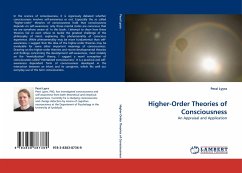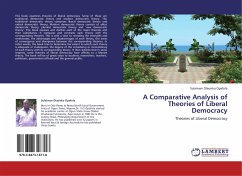In the science of consciousness, it is vigorously debated whether consciousness involves self-awareness or not. Especially the so called higher-order theories of consciousness hold that consciousness depends on self-awareness: only those mental states are conscious that we are somehow aware of. In this book, I attempt to show how these theories fail or even refuse to tackle the greatest challenge of the philosophy of mind, explaining the phenomenality of conscious experience. While phenomenality may be more fundamental than self-awareness, I suggest that the idea of the higher-order theories may be invaluable for some other important meanings of consciousness. Drawing on the higher-order theories and recent developmental theories and findings concerning the development self-awareness, most notably on the "mentalization" theory, I suggest a novel conception of consciousness called "mentalized consciousness". It is a practical and self-awareness dependent form of consciousness developed in the interaction between an infant and its caregivers, which fits well our everyday use of the term consciousness.
Bitte wählen Sie Ihr Anliegen aus.
Rechnungen
Retourenschein anfordern
Bestellstatus
Storno








